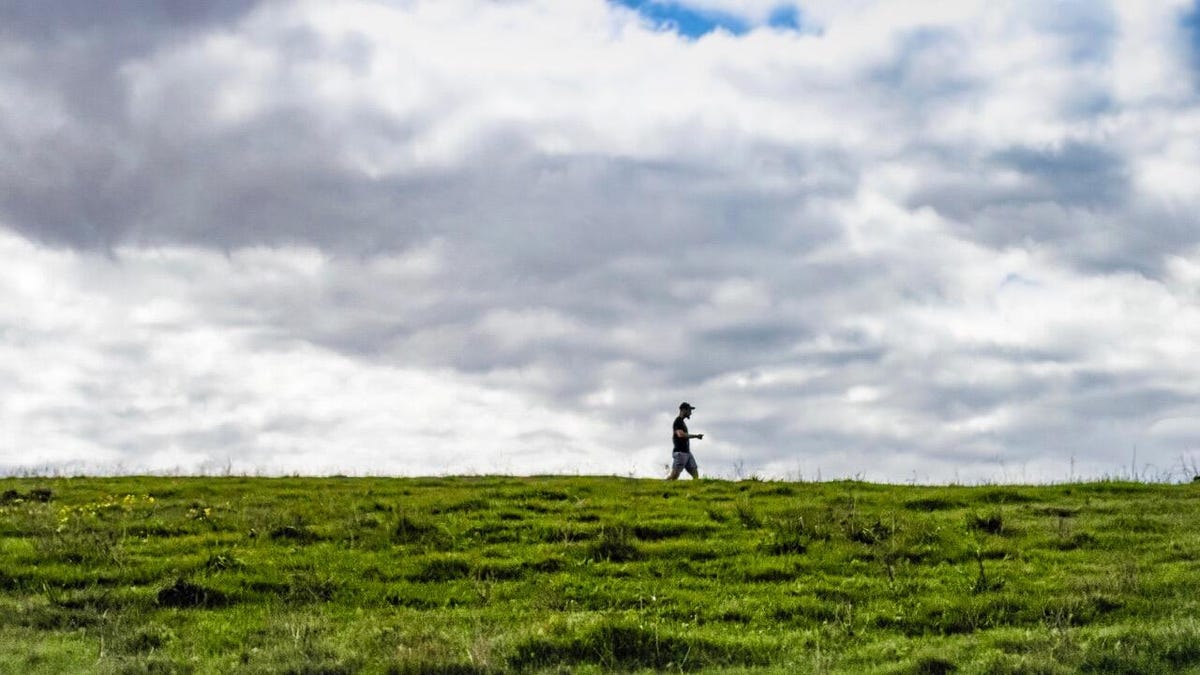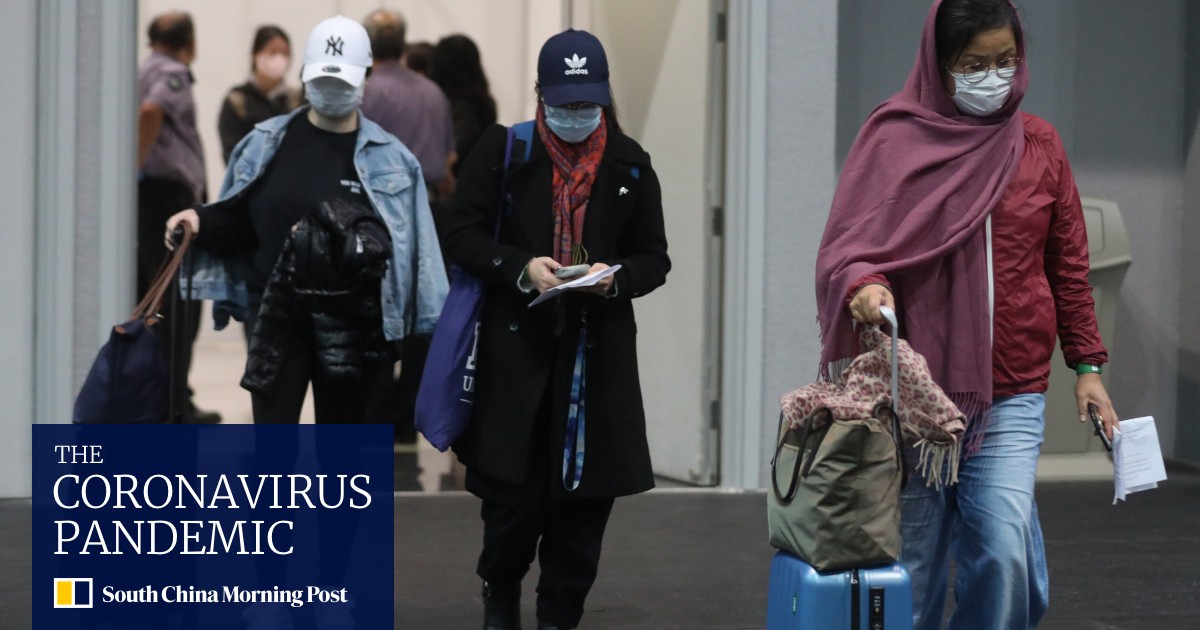Some social distancing may be needed into 2022, Harvard study says
Eric Mack
April 14, 2020 1:47 p.m. PT
Hopefully you're comfortable wherever you're sheltering in place, because a new study out of Harvard University's T.H. Chan School of Public Health says periods of social distancing may be necessary into 2022 to curb the spread of the
coronavirus SARS-CoV-2.
Sociologists have suggested that some
social distancing methods, like avoiding hugs and handshakes, could persist beyond the end of the pandemic, but the
paper published Tuesday in the journal Science notes that even after the spread of the virus appears to wane, "a resurgence in contagion could be possible as late as 2024."
"The total incidence of COVID-19 illness over the next five years will depend critically upon whether or not it enters into regular circulation after the initial pandemic wave, which in turn depends primarily upon the duration of immunity that SARS-CoV-2 infection imparts," the researchers, led by
Harvard research fellow Stephen Kissler, write in summary.
The peer-reviewed study focused in large part on the question of how long immunity from exposure to the new coronavirus or cross-immunity from other coronaviruses might protect against infection. (It should be noted that this is not the same as the immunity that could come from a vaccine, which is still in development.) It ran computer-modeled scenarios using data from what we know so far about SARS-CoV-2, combined with data on two related coronaviruses thought to be the second most frequent cause of the common cold (behind rhinoviruses).
If immunity to SARS-CoV-2 is similar to that of the milder coronaviruses included in the study, it may last for less than a year, leading to annual outbreaks akin to what we see with cold and flu season. In another scenario, immunity may last closer to two years, raising the possibility of biennial outbreaks with smaller flare-ups in the intervening years.
Detailed models suggest the coronavirus that causes COVID-19 could resurge as late as 2024.

www.cnet.com








